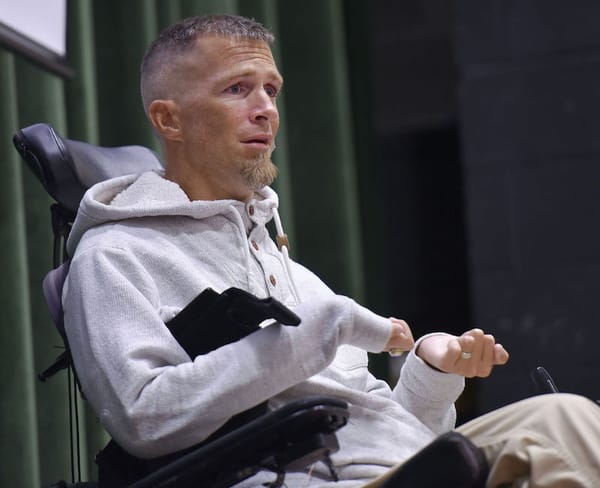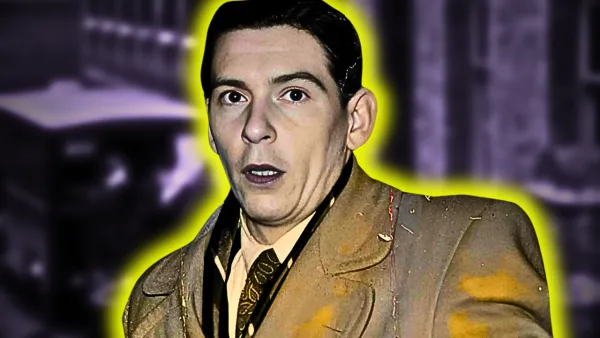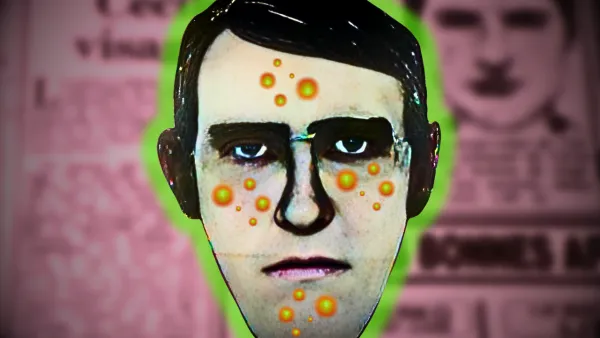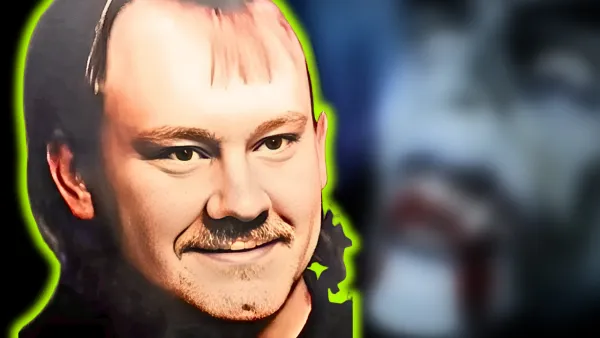Graphic: The Disturbing Case of Spree Killer Nikko Jenkins

“He was a deeply disturbed individual, and his actions were horrific and senseless.” — Chief Todd Schmaderer, Omaha Police Department
On the night of August 21, 2013, Andrea Kruger, a 33-year-old mother of three, finished her late shift at the hospital and was on her way home when Nikko Jenkins, a recently released convict, who was driving a stolen vehicle, pulled up beside her car and fired four shots, killing her. Kruger’s murder was particularly shocking and devastating to the Omaha community, as she was an innocent victim who had no apparent connection to Jenkins or his previous crimes.
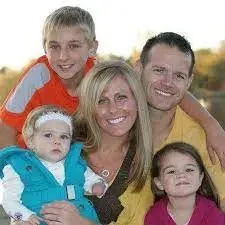
Commanded by God
Nikko Jenkins has claimed at various times that he was commanded by God to carry out his violent acts, including the murders he committed during his killing spree in Omaha, Nebraska in August 2013.
“It’s important to remember that the idea of God commanding individuals to commit violent acts is not accepted by any mainstream religion.” — Dr. Christian Jarrett, Psychology Today
Jenkins has described himself as a “warrior for the gods” and has claimed that he is a messenger of divine retribution. He has said that he received messages from God and was directed by God to carry out violent acts against those who had wronged him or his family.
It is important to note, however, that these claims are not supported by any mainstream religious tradition or accepted belief system. Jenkins’ statements should be viewed in the context of his history of mental illness and his erratic behavior, which has often included grandiose and delusional thinking.
Spree

- Juan Uribe-Pena — On August 11, 2013, Jenkins murdered Juan Uribe-Pena, a 26-year-old man, in a drive-by shooting.
Juan Uribe-Pena was 26 years old at the time of his death. Uribe-Pena was a native of Mexico and had moved to the United States in 2000. He had lived in Omaha for several years and worked at a local restaurant. He was known by his family and friends as a hardworking and responsible person who was committed to providing for his loved ones. At the time of his murder, Uribe-Pena was driving home from work when Jenkins, who was driving a stolen vehicle, pulled up beside him and fired several shots. Uribe-Pena was hit by the gunfire and died at the scene. - Jorge Cajiga-Ruiz — On August 12, 2013, Jenkins murdered Jorge Cajiga-Ruiz, a 29-year-old man, by shooting him multiple times with a shotgun.
Jorge Cajiga-Ruiz was 29 years old at the time of his death. Cajiga-Ruiz was originally from Puerto Rico and had moved to the United States in 2011. He was living in Omaha at the time of his death and was working at a local tire shop. Cajiga-Ruiz was reportedly walking home from a friend’s house late at night when he was approached by Nikko Jenkins. Jenkins, who was driving a stolen vehicle, got out of the car and shot Cajiga-Ruiz several times with a shotgun, killing him. - Curtis Bradford — On August 19, 2013, Jenkins murdered Curtis Bradford, a 22-year-old man, by shooting him multiple times with a shotgun.
Curtis Bradford was 22 years old at the time of his death. Bradford was originally from Oklahoma and had moved to Omaha with his girlfriend several years prior to his death. He was described as a kind and caring person who was loved by his family and friends. On August 19, 2013, Nikko Jenkins approached Bradford and shot him multiple times with a shotgun. The motive for the murder is unclear, but Jenkins later claimed that he believed Bradford was a member of a rival gang. - Andrea Kruger — On August 21, 2013, Jenkins murdered Andrea Kruger, a 33-year-old mother of three, by shooting her four times as she left work. Kruger was a mother of three young children and was well-known and well-liked in her community. She had worked as a nurse at a local hospital for over 20 years and was described as a kind and compassionate person who was dedicated to helping others.
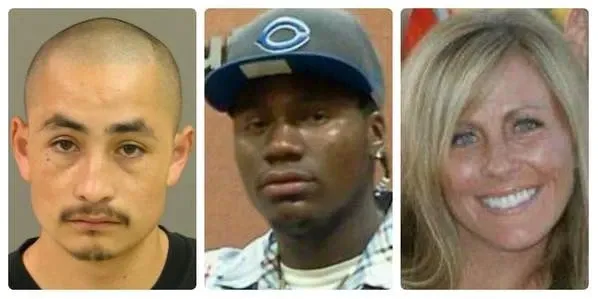
Abusive Childhood
Nikko Jenkins was born on September 16, 1986 in Kansas City, Missouri, to a family that reportedly had a history of gang involvement and criminal behavior. Jenkins grew up in Omaha, Nebraska, and was raised by his mother, who struggled with drug addiction and was in and out of prison during his childhood.
Jenkins’ childhood was marked by poverty, neglect, and trauma. He was reportedly exposed to violence and drug use from a young age, and he began using drugs himself as a teenager. Jenkins also had a history of mental health issues, including a diagnosis of schizophrenia and bipolar disorder.
“He has a history of severe mental illness, and he’s been failed by the system at every turn.” — Erin Grace, journalist at Omaha World-Herald
Jenkins’ troubled upbringing and mental health struggles are often cited as contributing factors to his later criminal behavior, including his violent killing spree in 2013. However, there is ongoing debate about the role of individual responsibility versus environmental factors in Jenkins’ actions, and his case has been the subject of much controversy and discussion in the criminal justice and mental health communities.
Tattoos
Nikko Jenkins is known for his distinctive face tattoos, which include a spiderweb tattoo around his right eye, the word “Savage” above his left eye, and a large tattoo of a demon on his forehead.
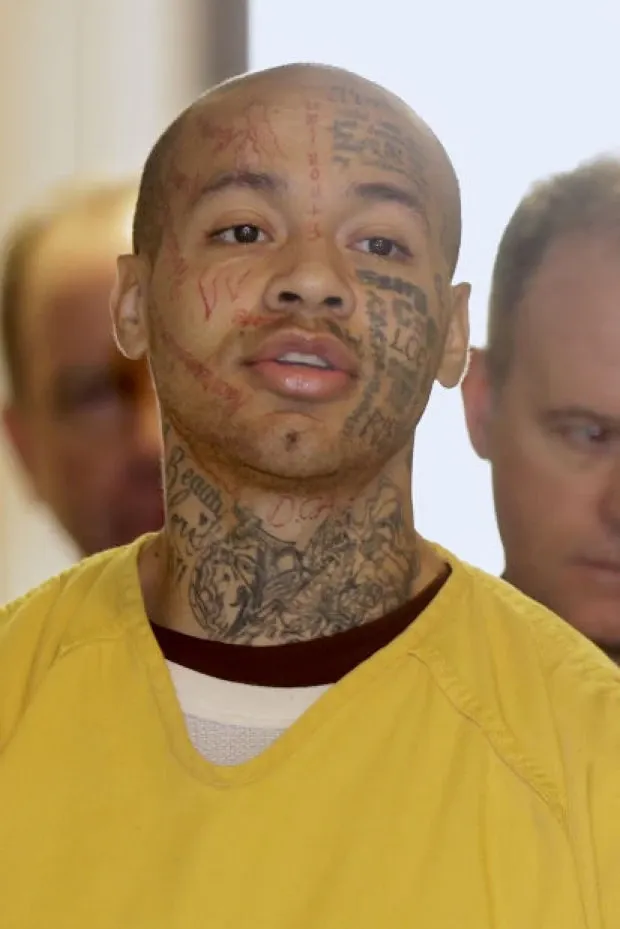
Jenkins has stated that the tattoos were meant to reflect his personal beliefs and spiritual practices, which he described as a blend of Christianity and ancient Egyptian religion. He has also stated that the tattoos were a way to protect himself from evil spirits and negative energy.
Jenkins’ face tattoos have drawn widespread media attention and controversy, with some critics arguing that they symbolize a violent and dangerous lifestyle. However, others have pointed out that the tattoos may also reflect Jenkins’ struggles with mental illness and the lack of access to adequate mental health care in the United States.
Nikko Jenkins has stated that he subscribes to a personal belief system that combines elements of Christianity and ancient Egyptian religion. He has referred to this belief system as “Nuwaubianism,” which is a term that has been associated with a controversial religious movement founded in the 1970s.
In Jenkins’ version of Nuwaubianism, he believes that he is a “warrior for the gods” and that he has been chosen to carry out divine retribution against those who have wronged him or his family. He has also claimed to have had visions of ancient Egyptian deities, including the god Horus, who he has described as his personal protector.
Jenkins has stated that his face tattoos, which include a large demon tattoo on his forehead, are a way to protect himself from evil spirits and negative energy. He has also claimed to have performed rituals involving blood sacrifices, though it is unclear how much of this is based on his actual beliefs versus a desire to shock and intimidate others.
Jenkins’ religious beliefs have been the subject of much debate and speculation, particularly in relation to his mental health and his criminal behavior. However, it is important to note that his beliefs do not reflect mainstream or widely accepted religious practices, and his actions should not be seen as representative of any particular religion or belief system.
“Nuwaubianism is a fringe belief system that has been associated with conspiracy theories and controversial beliefs.” — Nuwaubian Nation of Moors
Trial
Nikko Jenkins was tried for the murders of four people in Omaha, Nebraska in August 2013. The trial took place in 2017 and was highly publicized due to the heinous nature of the crimes and Jenkins’ erratic behavior during the proceedings.

During the trial, Jenkins frequently disrupted proceedings by shouting, singing, and making bizarre gestures. He also made several inflammatory statements to the jury, including claims that he was a “king” and that the trial was a “sham.”
“The trial brought attention to the need for better mental health care and support for individuals with mental illness in the criminal justice system.” — True Crime Magazine
Despite Jenkins’ erratic behavior, he was found competent to stand trial and was convicted of all four murders. The jury recommended the death penalty, but the judge ultimately sentenced Jenkins to life in prison without the possibility of parole, citing his history of mental illness and the lack of access to adequate mental health care.
“I’m a king, and this whole trial is a sham.” — Nikko Jenkins, during his trial
Conclusion
In conclusion, Nikko Jenkins is a convicted murderer who gained notoriety for his violent killing spree in Omaha, Nebraska in August 2013. Jenkins’ case is notable for its brutality and senselessness, as well as for the controversy surrounding his mental health and religious beliefs.
Jenkins’ troubled childhood, history of mental illness, and erratic behavior have led many to question the role of the mental health care system in preventing violent crime. His claims of being commanded by God and his affiliation with the controversial belief system of Nuwaubianism have also sparked debate and discussion.
While the details of Nikko Jenkins’ case are disturbing and tragic, they also highlight the need for improved mental health care and support for individuals with mental illness in the criminal justice system. The case also underscores the importance of critical thinking and careful evaluation of claims related to religion and belief systems, particularly those that are associated with extreme or controversial beliefs.


